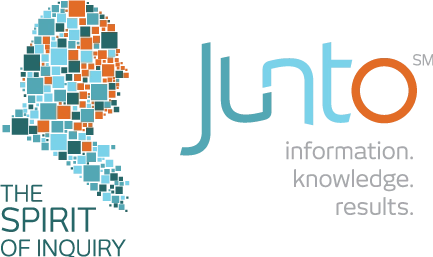What Is Information Governance & How Does It Affect eDiscovery?

Organizations of all sizes generate a vast amount of information every single day. This information comes in various forms, from emails and documents to social media posts and chat logs. Managing this ever-growing collection of data can be a significant challenge. To lighten the burden, information governance (IG) was created. It provides a comprehensive framework for organizations to effectively manage the creation, storage, use, and disposition of their information assets.
Since information governance ultimately involves ensuring information is accessible and reliable, it is closely linked to eDiscovery. This legal process involves identifying, collecting, and producing electronically stored information (ESI) relevant to a legal matter. In order to positively impact the efficiency and defensibility of the eDiscovery process, organizations must have strong information governance practices.
Understanding Information Governance
Information governance encompasses the policies, procedures, and technologies used by an organization to control the creation, use, storage, access, and deletion of its information. It aims to ensure that information is managed in a way that meets regulatory compliance, mitigates risks, and supports business objectives. This strategic approach not only covers digital information but extends to all formats of data, including paper records.
The core components of an effective information governance program include:
- Data Quality Management: Ensuring that the information is accurate, complete, and reliable.
- Privacy and Security: Protecting sensitive data from unauthorized access or breaches.
- Compliance: Adhering to laws and regulations governing information management.
- Retention and Disposition: Establishing policies for how long information is retained and specifying how it is securely disposed of when no longer needed.
By implementing solid information governance practices, organizations can significantly reduce the volume of data they need to manage, thereby improving decision-making, reducing storage costs, mitigating regulatory risks, and simplifying eDiscovery processes.
The Role of Information Governance in eDiscovery
When legal teams face the task of gathering relevant data during litigation, a robust IG framework can streamline the process. Digital forensic experts rely on sound information governance practices to locate and secure pertinent data without compromising its integrity. Overall, IG practices can reduce the time and costs associated with eDiscovery while improving its accuracy.
Benefits of Effective Information Governance for eDiscovery
Implementing sound information governance policies offers numerous benefits for the eDiscovery process, including:
- Reduced Costs and Increased Efficiency: Good information governance reduces the volume of data that needs to be sifted through during eDiscovery. This minimization of data volume directly impacts eDiscovery costs and timelines positively, making the process more efficient.
- Improved Data Quality and Accessibility: With clearly defined data management policies, the data is well-organized and indexed, making it easier for electronic discovery vendors to access and process the information. This not only speeds up the discovery process but also improves the accuracy of the data retrieved.
- Enhanced Compliance and Reduced Risk: Information governance helps ensure that an organization’s data handling practices are in compliance with legal and regulatory requirements. This compliance reduces the risk of data breaches and the associated legal repercussions, which can include severe penalties.
- Proactive Litigation Preparedness: Organizations with good IG practices are better prepared for potential litigation. They can respond more quickly and effectively to legal requests, which can provide a strategic advantage in legal scenarios.
Partner With Cornerstone Discovery for Streamlined eDiscovery
Navigating the intricacies of information governance and eDiscovery can be challenging for organizations of any size. Fortunately, Cornerstone Discovery offers a comprehensive suite of services and solutions to help businesses through the entire electronic discovery process.
By partnering with Cornerstone Discovery, you can ensure that your organization is well-equipped to manage information effectively and navigate eDiscovery challenges with confidence. Schedule a consultation today to discuss how we can help you achieve your goals.


